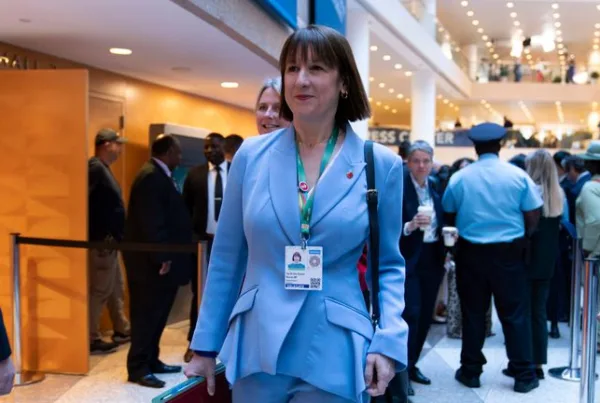In an era characterised by uncertainty and fluctuating markets, the UK’s real estate investment trust (REIT) landscape is undergoing significant transformations. The latest buzz in the sector is Tritax Big Box’s offer to acquire UK Commercial Property in a deal potentially worth £924 million. This move marks the third all-share merger among UK REITs since the start of the year, following closely on the heels of last year’s notable merger that birthed Shaftesbury Capital from two of London’s West End’s largest landlords.
This trend of consolidation is a reflection of the broader challenges and opportunities within the global real estate markets, particularly in the UK, which stands as one of Europe’s largest markets for publicly-traded real estate investment trusts. Publicly-listed landlords have faced considerable pressure, trading at discounts to the reported value of their assets, a situation exacerbated by the continued macro economic impacts of Brexit, the pandemic, and subsequent interest rate hikes. These factors collectively underscore the need for strategic manoeuvres to navigate the current economic landscape.
The merger between Tritax Big Box and UK REIT is not just a significant event in the commercial real estate sector; it is a testament to the adaptability and resilience of the market. These mergers are strategic responses to the prevailing economic conditions, aiming to leverage collective strengths to create entities with enhanced market presence and financial stability.
Additionally, this trend towards consolidation could potentially herald a new era for the UK’s commercial real estate sector, providing a blueprint for other markets to follow. By pooling resources and expertise, these newly formed entities can better navigate the challenges posed by economic uncertainties, regulatory changes, and the evolving needs of tenants and investors.
Moreover, the implications of such mergers extend beyond the immediate financial benefits. They signal a shift towards more sustainable and efficient operations, with combined portfolios offering diversified risk and the potential for greater innovation in property management and development. This is particularly pertinent in the context of evolving workplace and retail environments, where adaptability and sustainability are increasingly crucial.
As the UK REIT sector continues to evolve, the Tritax Big Box-UK Commercial Property merger represents a pivotal moment in the industry’s history. It underscores the necessity of strategic agility in today’s complex economic environment, offering valuable lessons for stakeholders across the commercial property spectrum. For investors, developers, and property owners, understanding the dynamics at play in these mergers is essential for navigating the future of real estate investment with confidence and foresight.
Let’s not forget about the 2001 Capital Allowance Act
In all the excitement of these transformative times, the significance of Capital Allowances also comes into sharper focus. For commercial property owners and investors, Capital Allowances provide a critical tool for managing costs and enhancing tax efficiency, especially in the wake of significant portfolio changes. As we observe the unfolding landscape of the UK’s REIT sector, the strategic utilisation of Capital Allowances will undoubtedly play a crucial role in ensuring the financial health and growth of these evolving property giants.
For those interested in exploring the implications of these mergers further or seeking advice on Capital Allowances, our team at HMA remains at your service. Our expertise in navigating the complexities of commercial property investment can provide valuable insights and support as you adapt to these changing times.

James Telling
Head of Developments & Acquisitions
If you own a commercial property and would like to find out more about how your business could improve its tax situation, please call James on 01384 904090 or email james@hma.tax for more information.




